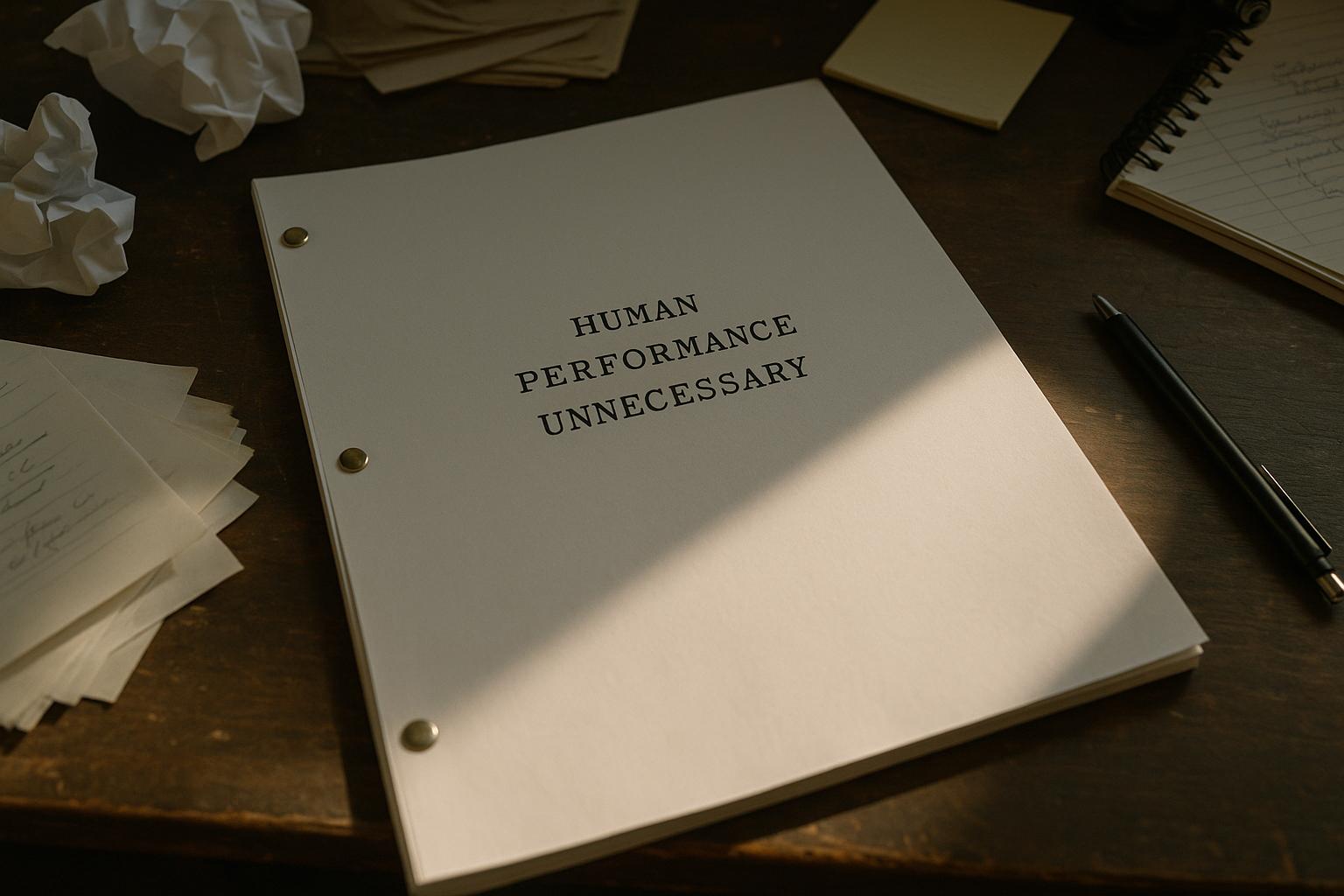Eline Van Der Velden, a UK-based technologist, has created an AI-generated actress named Tilly Norwood, a digital entity that has ignited significant debate in Hollywood circles. At the heart of the controversy is a misconception that public money, specifically funding from the British Film Institute (BFI), was used to develop this AI talent. Van Der Velden has publicly clarified that no such public funds were allocated to the creation of Tilly Norwood.
The financial background behind Tilly Norwood is centred on two distinct entities managed by Van Der Velden. Particle6, a production company she runs, was awarded a £120,000 grant from the BFI UK Global Screen Fund in November 2023. However, this grant was designated solely for expanding Particle6's international reach—covering travel to overseas markets, conference attendance, acquisition of intellectual property, and hiring an international outreach lead. None of this funding was connected to AI talent projects. The AI actress was actually developed through Van Der Velden’s company Xicoia, established in February 2025, which launched Tilly Norwood publicly in July of the same year. According to Van Der Velden’s statement to Deadline, Xicoia’s funding was entirely from her personal investment, keeping its finances separate from Particle6 despite service agreements between the two. This distinction has been confirmed by a BFI spokesperson who reiterated that the grant awarded to Particle6 was not involved in the AI actress's development.
Despite this financial transparency, industry unrest persists around the ethical implications of AI-generated performers. Hollywood actors’ union SAG-AFTRA has voiced strong opposition to Tilly Norwood, condemning the technology for using computer-generated imagery trained on the work of countless human performers without their permission or remuneration. The union stresses that creativity should remain a human-driven endeavour and warns against risks such as the devaluation of human artistry and the potential displacement of actors by synthetic entities.
The backlash is not limited to unions; several prominent Hollywood figures, including Natasha Lyonne and Emily Blunt, have publicly criticised the AI project. Meanwhile, Van Der Velden defends Tilly Norwood as a form of art and creative expression rather than a replacement for human actors. She maintains that AI talent studios like Xicoia can operate responsibly and align with ethical guidelines, citing adherence to the BFI’s June 2025 report that outlines a framework for ethical AI usage in the screen sector.
Particle6, founded in 2015, continues to work in both traditional and AI-assisted television content production, with ongoing support from entities such as Channel 4 and Creative UK. Meanwhile, Xicoia plans to expand its roster of digital actors, positioning AI as a complementary tool rather than a substitute for human performers.
This episode highlights the complexity and sensitivity surrounding AI’s integration into the creative industries. It underscores the importance of clear communication regarding funding sources and ethical frameworks to mitigate fears about the misuse of public money and the broader impact on human creativity. Van Der Velden’s clarification and the BFI’s stance help to calm concerns by illustrating how AI talent studios can benefit from private investment while respecting public policy and industry standards.
📌 Reference Map:
- Paragraph 1 – [1], [4]
- Paragraph 2 – [1], [7]
- Paragraph 3 – [2], [6]
- Paragraph 4 – [3], [5], [4]
- Paragraph 5 – [1], [7]
Source: Noah Wire Services
